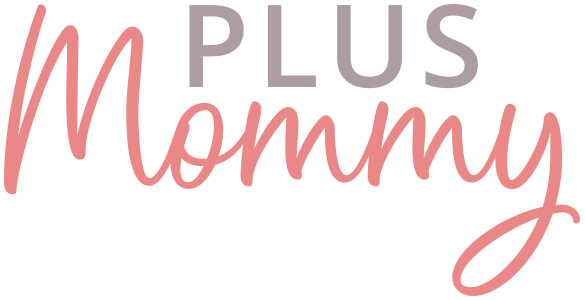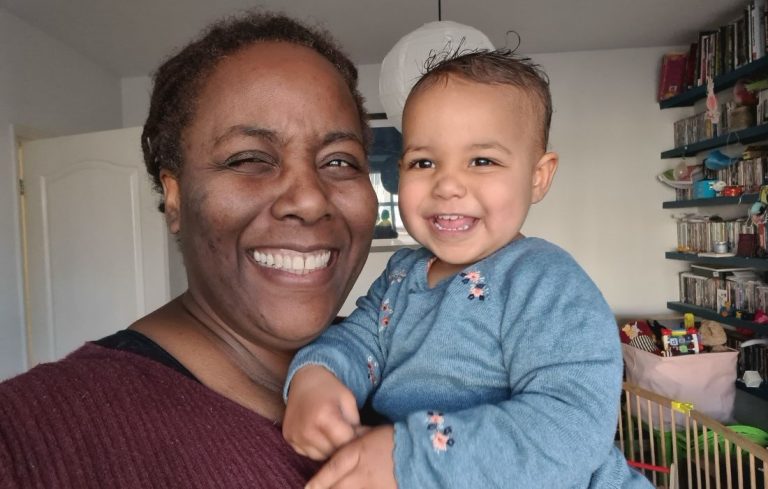Navigating the Canadian Maternity Care System: Tips from a Nurse
Lara Proud, a registered nurse, lactation consultant, and educator based in Canada, explores the intricacies of the Canadian maternity care system.
Lara discusses the challenges of accessing midwifery care, effective strategies for informed consent and advocacy, and the critical role of Health at Every Size® practitioners in supporting positive birth outcomes.

Understanding Midwifery and Nursing in Canada
One of the primary differences between the Canadian and American healthcare systems is the structure of midwifery care. Lara explained that in Canada, there are no nurse-midwives; instead, one must be a registered midwife or a registered nurse. This distinction significantly impacts the availability and accessibility of midwifery care across the country.
This limited access often forces expectant parents to rely on obstetricians and hospital-based care, which can vary widely in quality and approach.
The Impact of the ARRIVE Study on Induction Rates
When discussing the ARRIVE Trial, which suggested a reduction in cesarean birth rates with elective inductions at 39 weeks.
Lara expressed concern over the widespread application of this study’s findings. Particularly regarding its impact on informed consent and the overuse of medical interventions.
She highlighted a new guideline from the Journal of Obstetrics and Gynecology of Canada, which states that routine elective induction of labor at 39 weeks is not recommended unless specific medical indications exist.
This guideline underscores the importance of individualized care and the need for healthcare providers to consider patient preferences and local resources.
Related: Helpful Tips for Labor Induction in a Larger Body from a Nurse
Strategies for Informed Consent and Advocacy
Informed consent is a critical component of empowering birth experiences.
Lara emphasized the importance of asking questions and seeking clarity when medical interventions are proposed.
She shares practical tips for slowing down conversations with care providers, such as asking if the situation is an emergency and requesting a few minutes to discuss options with a partner or support person.
The BRAIN acronym (Benefits, Risks, Alternatives, Intuition, and Next steps/Nothing) is a useful tool for evaluating medical decisions.
This approach helps parents to feel more confident and empowered in their choices. It also helps to ensure that they are fully informed about the potential implications of interventions.
Connecting with HAES-Aware Practitioners
Finding healthcare providers who embrace the principles of Health at Every Size® (HAES) can be challenging, especially in a system where patients are assigned care providers rather than choosing them.
Lara advised that the onus often falls on the individual to advocate for themselves and seek out supportive practitioners.
While it is difficult to switch providers in some Canadian regions, Lara stressed the importance of bringing a support person to appointments and utilizing doulas when possible.
Doulas can provide invaluable advocacy and emotional support. They help to ensure that parents’ preferences and needs are respected throughout the birthing process.
Lara’s Journey and Beyond the Bump Education
Lara’s personal experiences with gaps in the Canadian healthcare system inspired her to create Beyond the Bump Education. Learn more about navigating the Canadian maternity care system from Lara during episode 223 of the Plus Mommy Podcast.
Recording & Show Notes: Plus Mommy Podcast Episode 223
Transcript happily provided upon request.
Resources Mentioned On The Show
- For more information on Lara Proud’s work and resources, visit Beyond the Bump Education on Facebook, Instagram, or her website.

I am a Canadian Registered Nurse, Mom and owner of Beyond The Bump Education. I have a passion for teaching people how to know and trust their own bodies through birth, postpartum, and parenting.







